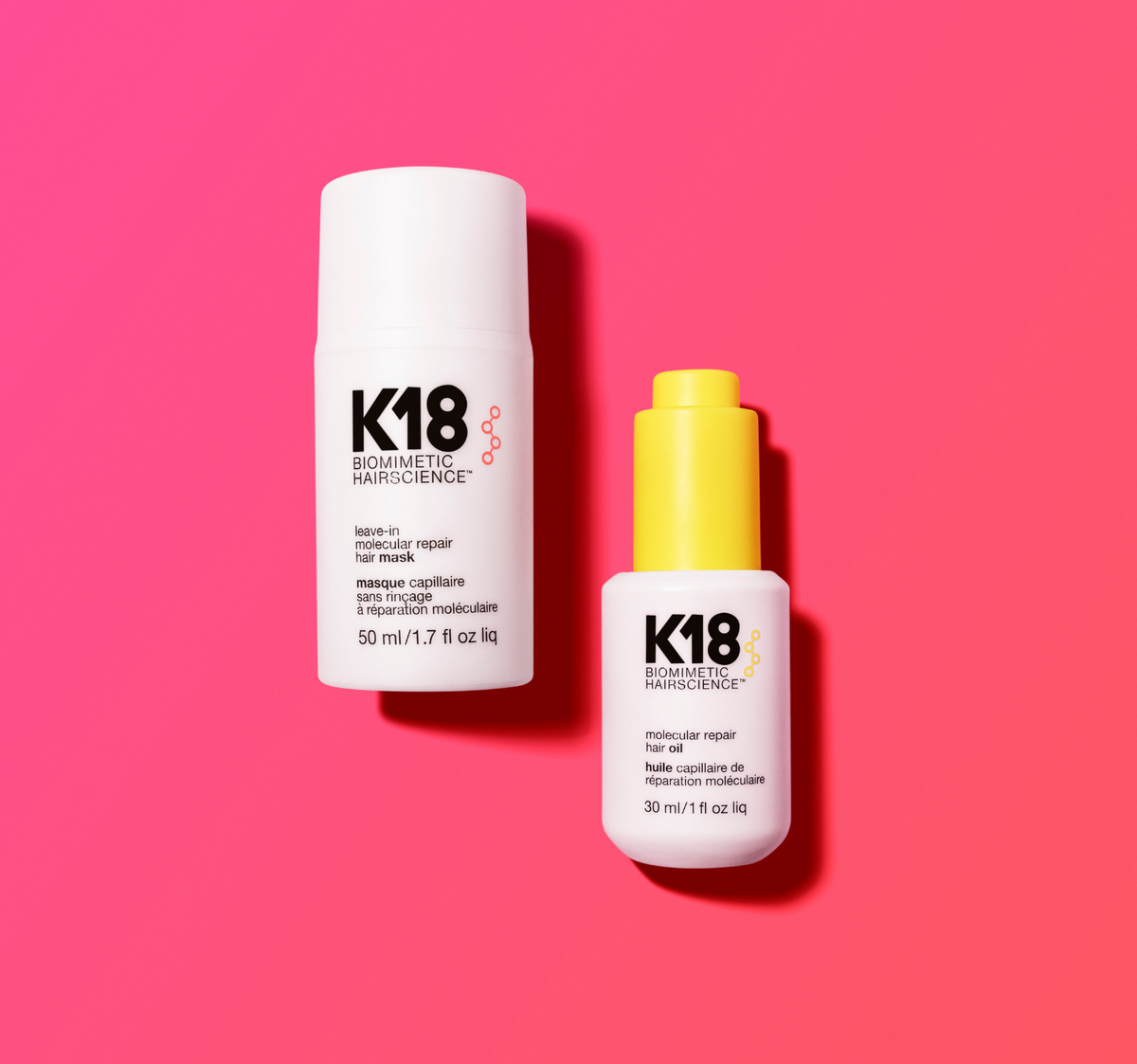That’s why this Science Sunday, we’re inviting you to our science x geography class assembly to uncover the science behind hard water, how it can change from city to city + how it may be impacting your hair health.
Let’s do some learning.
what’s the deal with hard water again?
If you need a refresher, “hard water” is water with high concentrations of dissolved minerals, specifically calcium and magnesium. Hard water happens when water percolates through limestone, chalk, or gypsum deposits.
Ok, so?
In some places, metal ions like iron, copper, zinc, nickel, and even mercury, or lead (Pb) can show up in both hard and “soft water” (aka water with low mineral content). These can come from contaminants or tap water flowing through eroded metal pipes. You might have heard about hard water manifesting in things like funny-tasting tap water or buildup around faucets in your house. And even though these trace metals are present at much lower levels (don’t panic) they can be disruptive to your hair…
do I have hard water?
It’s hard not to be curious—is the water by you hard? A total softie? Somewhere in between? As we said, 85% of the US has hard water. See if you’re one of the lucky ones and find your area on this handy hard water map.

See the metro areas like Seattle, Los Angeles, Phoenix, Chicago, New York, and Miami? That’s allll hard water, baby. This is what can lead to the, as we like to call it, “my hair is way better when I go to x” phenomenon. Your hair + skin may feel different after showering in another city depending on the levels of minerals + metals in the water you’re exposed to.
If your area is in a hard water zone, you may have noticed signs like:
- A slimy feeling after washing your hands
- Scum or film on your faucets and shower door
- Drinking glasses that are less than crystal clear
- Skin and scalp inflammation, irritation, and loss of hydration
Woah. That’s not all—ever notice that limescale at the bottom of your electric kettle? That same mineral + metal buildup from hard water can clog pipes…and while we love a home decor moment, we’re in the business of hair. So let’s dive into what that means for your wash day and beyond.
hard water and hair health

Every time you wash your hair with hard water, the dissolved minerals are building up on the surface or protective cuticle layer of your hair. So no matter how much conditioner or styling product you heap on in the hopes of reviving your hair happiness (we’ve been there), the buildup left behind blocks moisture + your product from interacting with your hair shaft and really making an impact. This can leave your hair dry, dull, lifeless, and unmanageable.
But your usual root touch-up in the salon should be fine, right? Well, the trace metals (including copper, iron, zinc, aluminum, and cadmium) found in water can accumulate on the inside (not just the outside) of your hair. These metals can react with the oxidants in hair dyes and lighteners, leading to unpredictable color changes, hair breaking off, and even a dye job going up in, uh, smoke. Uh oh.

the pH of it all
In a previous Science Class, we dove into the impact of pH on your scalp and hair. Quick refresher—hair has an optimum pH of 4.5 to 5.5, and your scalp's pH is 5.5. That optimal pH range is self-regulating to prevent the growth of fungi and bacteria. Adding something foreign like hard water (commonly associated with higher pH) can throw hair’s pH out of balance. When that happens, your hair doesn't just look dull. It becomes vulnerable to MORE damage and breakage.
You see, when damaged hair AND hard water’s higher pH are in the picture, more negative charges happen. Opposites attract, so this makes positively charged metal ions stick to hair easier, causing even MORE damage…it’s a vicious cycle. So, what can you do about it?

be prepared
Here are some ways to boost hair health in a hard water area.
Invest in a water softener for your home, or a water-softening shower head
Use a clarifying/detox shampoo to remove hard water residue + mineral buildup (but don’t overdo it)
Talk to your stylist about an in-salon chelation service to heavy-duty clean up those minerals + metals before a service
Keeping your hair clean is all about understanding what impacts hair cleanliness—with hard water being a major culprit for buildup, damage, and unhealthy hair. The more you know the better you can skirt the issues and keep that hair bouncy, smooth, and strong. Science always has your back ;)



